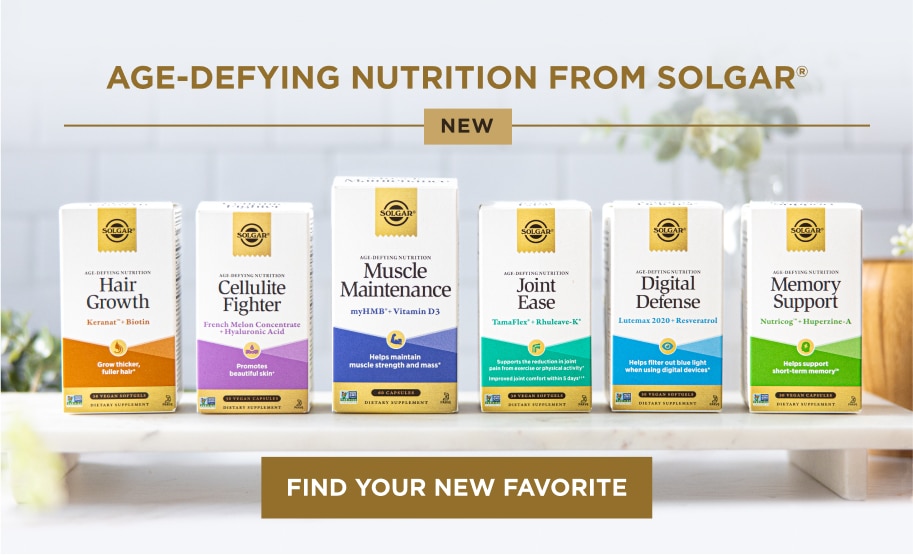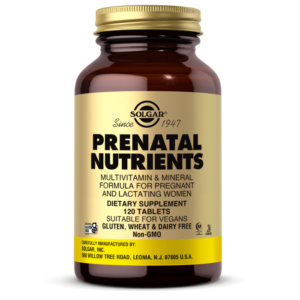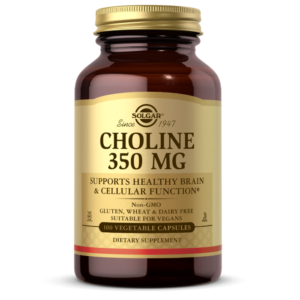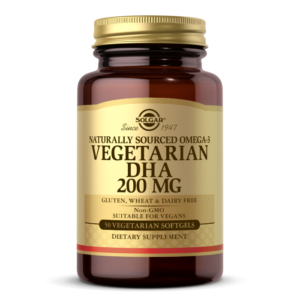Key Takeaways:
- Pregnant women have much greater nutrient needs than normal. You can support these needs with supplements, and some of the most important for pregnancy include those containing folate, iron, vitamin D, and choline.
- Your other needs don’t go away when you’re pregnant. A prenatal multivitamin can help supplement your basic daily nutritional needs,† while beauty supplements can support your skin health as pregnancy puts it to the test.*
Understanding what nutrients your pregnant body and growing baby need can put your mind at ease throughout your pregnancy. During pregnancy, you’ll both require more energy from carbohydrates, fats, and proteins1, and more micronutrients (vitamins and minerals) than at any other time in your life.
With such an increase in demand, getting exactly what you need from your diet can be a challenge. Supporting a healthy diet with a structured prenatal supplement routine (as recommended by your medical professional) can help to bridge the gap.
There’s no substitute for medical advice from your doctor, so you should discuss all supplements you’re taking, or are considering taking, with your healthcare provider. Read on for some of our favorite products and supplements you and your healthcare provider can consider for your pregnancy.
Folate
Folate is an essential B vitamin that’s likely on your radar if you’re pregnant or trying to conceive. It’s required for DNA replication and the healthy development of your baby during pregnancy.2 Insufficient folate has been linked to anemia in pregnant women as well as congenital birth defects like neural tube defects and spina bifida. In fact, adequate folate in healthful diets may reduce a woman’s risk of having a child with a brain or spinal cord birth defect.
Since our bodies can’t make it on their own, folate has to be sourced from our diet or from a supplement. Certain foods including but not limited to eggs, beans, and peanuts, are high in folate.
The Recommended Dietary Allowance for pregnant women is 200mcg more per day than for other adult women. Supplements containing folic acid can help to reach this threshold, which the Oregon State University states is 100% bioavailable when taken as a supplement.3
Iron
Your blood does a lot of work during pregnancy in carrying everything your baby needs to your womb. According to The American Society of Hematology, pregnant women need between 20-30% more blood than usual.4 Iron is critical in making the hemoglobin protein that carries oxygen in the blood, which makes iron critical for pregnancy.
Iron is, in fact, so important for pregnant women that the CDC recommends they supplement with iron every day.5 To try and get enough from food alone, consider liver, nuts, and fortified grain products, which are all packed with iron.6
Vitamin D
You might already be familiar with the importance of vitamin D, but if you’re not, keep readng. This essential vitamin supports bone growth as we age,* and plays the same role in the development of babies.
Vitamin D deficiency isn’t just critical for pregnant women — it may be a global health issue, as explained in a recent article in The Journal of Steroid Biochemistry and Molecular Biology.7 The reason may be because, unlike other vitamins on this list, vitamin D is only found in limited amounts in food. It’s primarily generated by sunlight on exposed skin, so if you spend a lot of time inside, or live in the Northern Hemisphere, check with your healthcare provider to make sure you’re getting enough Vitamin D.
Calcium
During pregnancy and breastfeeding, women need more calcium than usual. The developing baby needs about 30 grams of calcium by the end of pregnancy, with most of it being acquired during the last trimester when the baby’s skeleton is growing quickly. Throughout pregnancy, the baby gets about 50 milligrams of calcium per day during the second trimester and 250 milligrams per day during the third trimester. If the mother doesn’t get enough calcium from her diet before and during pregnancy, she may lose bone density, which could increase her risk of osteoporosis later in life.8
In the United States, the recommended daily calcium allowance for pregnant and breastfeeding women is 1,000 mg per day for women over 19 years old and 1,300 mg per day for women 14-18 years old.9
Omega-3 DHA
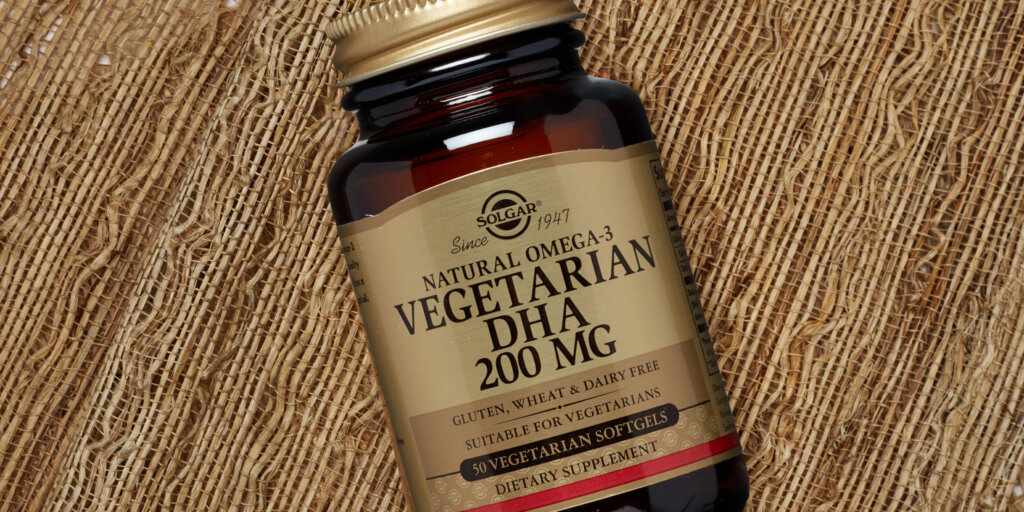
Omega-3 Fatty Acids are essential, meaning you can only get them from the food we eat. Getting enough omega-3 fatty acids — specifically DHA — is important during pregnancy because they are critical building blocks of the baby’s brain and retina.
Guidelines have recommended that pregnant women consume at least 200 mg of DHA per day, which could be achieved by eating 1–2 servings of seafood per week.10 However, if you are avoiding eating fish during your pregnancy, supplementation may be a great way to ensure that you’re getting enough DHA.
Omega-3 DHA supplement for support during pregnancy
Solgar® Omega-3 Vegetarian DHA 200mg Softgels
This premium supplement is naturally-sourced omega-3 made from a quality algal oil, which contains DHA. It’s also Non-GMO, vegan, gluten-free, and dairy-free.
Biotin
Skin goes through a lot during pregnancy. You’ll probably already be expecting it to stretch and change, requiring additional nutritional support.
The changes keep coming after pregnancy, too. Temporary postpartum hair loss is a common condition that can last up to 6 months after giving birth.11 While there isn’t treatment for this, biotin can help support healthy, shiny hair growth.*
Choline
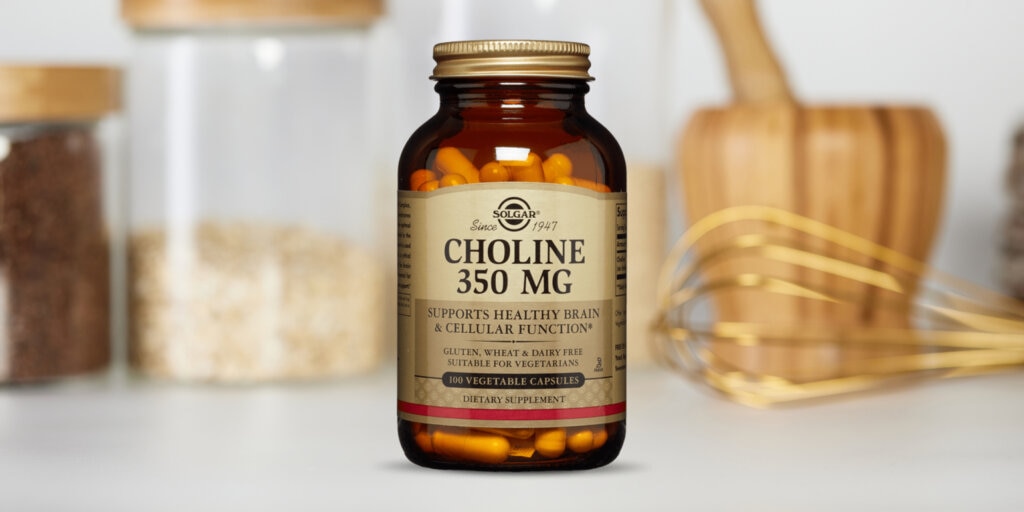
Choline isn’t a vitamin or a mineral, but it nevertheless supports a range of vital health functions.12 It’s often grouped with the ‘B Complex’ for its similarities to Vitamin B. Choline is a component of cell membranes and delivers key support for optimal cellular function and nervous system health.*
Choline poses another challenge for pregnant women, as studies have shown they’re at higher risk for choline inadequacies.13
Our bodies can create choline, but according to the National Institutes of Health, pregnant women need 25mcg per day more than others, while breastfeeding women need 125mcg more.14
Choline Supplement for Pregnant Women
Solgar® Choline 350 mg Vegetable Capsules
This premium supplement is a great option to make sure you’re getting the choline you need during pregnancy. It’s vegan, gluten-free, dairy-free, and kosher.
Prenatal Supplement for Pregnant Women
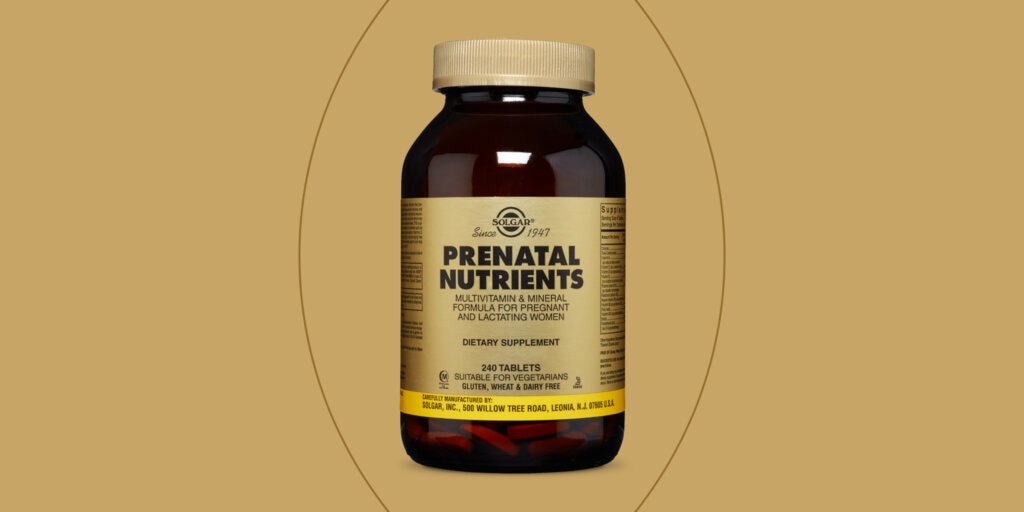
Solgar® Prenatal Nutrient Tablets
Solgar® Prenatal Nutrients is a proprietary formula that provides 100% Daily Value of most of the essential vitamins and minerals for pregnant and lactating women. This supplement provides a balanced combination of nutrients such as:
- Calcium
- Iron
- Folic acid
- Antioxidants
- Beta-Carotene
- Vitamin C, and
- Vitamin E.
It’s also vegan, gluten-free, dairy-free, kosher, and halal.
CoQ-10
Not pregnant just yet? There are supplements that might be able to help with that, too.
CoQ-10 is a fat-soluble molecule that’s truly everywhere in the body, as it’s present in every cellular membrane.15 It may increase the production of vital antioxidants, but you’ll probably be more interested in the role it can play in supporting prenatal health.
CoQ-10 has been linked to improved sperm density and motility,16 and for women, CoQ-10 can help to provide cellular energy to the developing egg.17
CoQ-10 Supplements for Pregnant Women
Ubiquinol 200mg (Reduced CoQ-10) Softgels
Ubiquinol is the reduced form of CoQ-10, which delivers CoQ-10 in a ready-to-use state that’s more readily absorbed.* What’s more, this supplement comes in oil-based softgels to ensure optimal absorption.
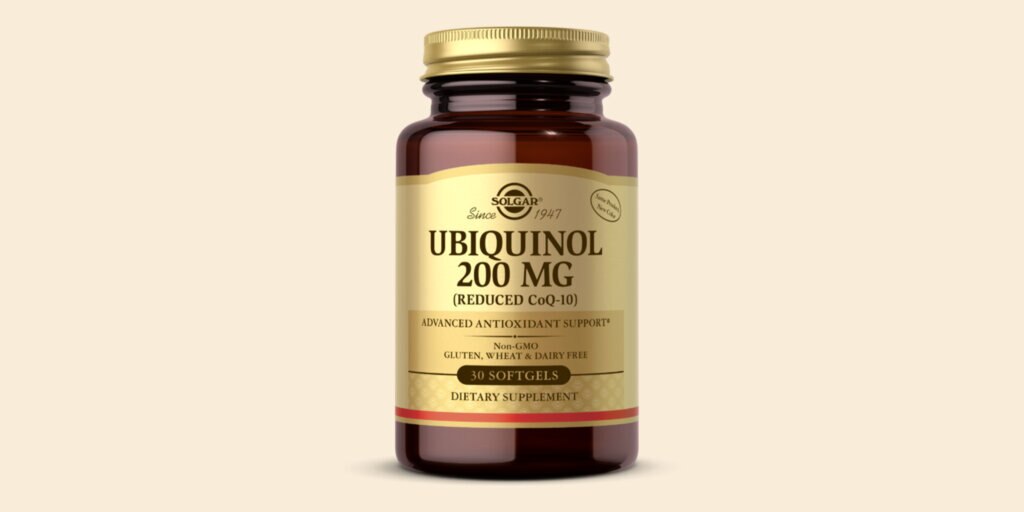
GET THE LATEST UPDATES AND EXCLUSIVE DEALS WHEN YOU SIGN UP FOR OUR NEWSLETTER!
Summing up
Pregnancy is beautiful, unique, and demanding. Supporting your body and growing baby might mean taking supplements to complement a tailored, healthy diet. Supplements containing iron, folate, vitamin D, and choline should all be on your radar as particularly relevant for pregnant bodies, while CoQ-10 might be of benefit if you’re still trying.
Pregnancy is a very important time. There’s no such thing as too much information about it. For more tips on how to support your health at every age, follow us on Instagram.
*These statements have not been evaluated by the Food and Drug Administration. These products are not intended to diagnose, treat, cure or prevent any disease.
The information provided on this site is intended for your general knowledge only and is not a substitute for professional medical advice or treatment for specific medical conditions. Always seek the advice of your physician or other qualified healthcare provider with any questions you may have regarding a medical condition. The information on this website is not intended to diagnose, treat, cure or prevent any disease. Never disregard medical advice or delay in seeking it because of something you have read on the Solgar® site.

